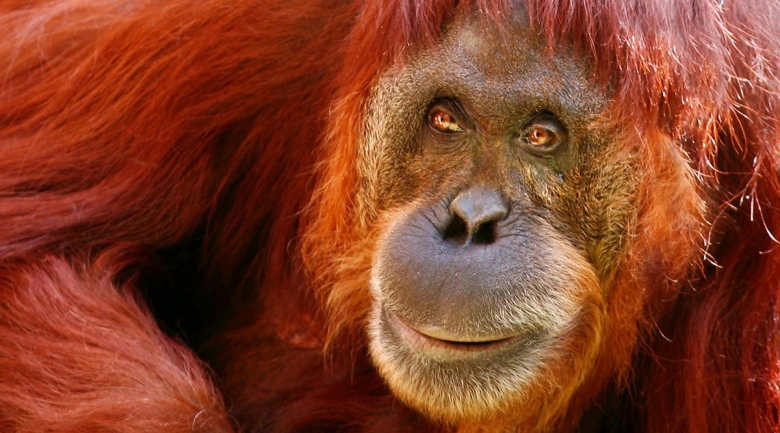
Among primates, humans are the kings of lateral thinking, and also of lateral vision. It seems that the shape of our eye sockets means we can view more of our world without moving our head than other great apes.This may have given our ancestors an edge when they descended from forests into savannahs
Whether this drove our evolution or was the consequence of it is unclear. Primates have forward-facing eyes, and humans are no exception. But look closely, says Eric Denion at the French Institute of Health and Medical Research in Caen, and you’ll see that human eyes are different.
To work out just how different, Denion’s team examined 100 modern human skulls and 120 ape skulls, 30 each belonging to gibbons, orangutans, gorillas and chimpanzees. They found that the human eye sockets, or orbits, were much wider relative to their height than the other ape eye sockets. What’s more, the outer margin, the side of the orbit furthest from the nose, is recessed much further back in the human skull than in other ape skulls. This means that when we swivel our eyeballs sideways, we have a lateral view of the world that is unimpeded by the bones of the skull, unlike other apes.
Last year Denion and his colleagues showed that we can increase our visual field by almost 50 per cent by simply moving our eyes while our head is held still. This suggests that the trait may have been beneficial to early humans. It would be more energy efficient and quicker to move the eyes rather than the whole head when they wanted to scan the savannah, says Denion.
That makes sense, says Robin Dunbar at the University of Oxford. "Better all-round vision would certainly be more advantageous for predator detection," he says. Or perhaps they simply emerged as a consequence of other changes in the shape of our head. For example, our chewing muscles are smaller than those of our distant ancestors, who had to chew on harder, uncooked food, he says, which has affected the shape of our skull. Our eyes might protrude as an indirect consequence.
But Dunbar says our protruding eyes are unlikely to have evolved purely by chance. "Given the significance of the difference, it must have fitness consequences," he says.
